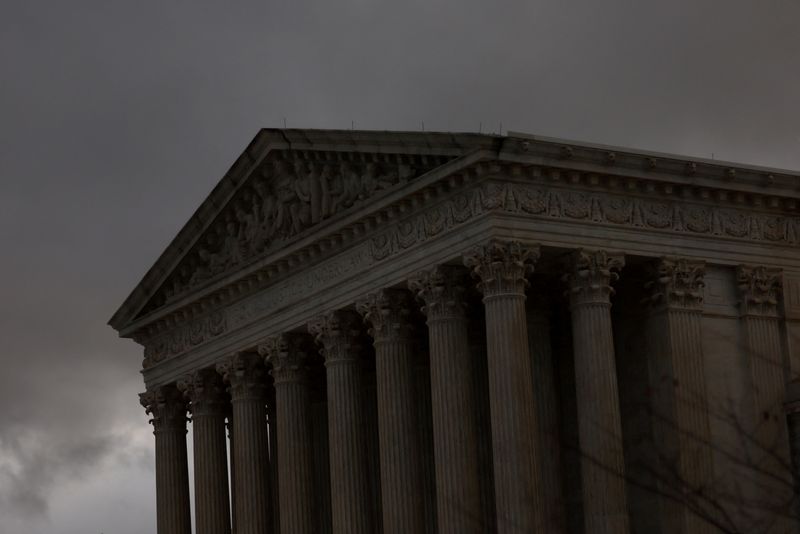Case of contract murder in US will be considered by court
2022.12.13 12:40
[ad_1]

Case of contract murder in US will be considered by court
Budrigannews.com – On Tuesday, the Supreme Court of the United States agreed to hear an appeal from a man from North Carolina who is currently serving life in prison for participating in a plot to kill a woman in the Philippines at the direction of the head of a global criminal organization.
The justices agreed to consider whether the introduction of a portion of a co-defendant’s post-arrest statement admitting to the 2012 murder violated Adam Samia’s constitutional right to confront the witnesses against him at trial.
Samia, 48, was found guilty in 2018 along with former U.S. Army sergeant Joseph Hunter and another North Carolina man, Carl David Stillwell, of the murder of Filipino real estate agent Catherine Lee. Prosecutors said that Samia killed Catherine Lee while working as a mercenary for Paul Le Roux, a transnational crime leader who was born in Zimbabwe and was sentenced to 25 years in prison in 2020 after cooperating with the authorities’ investigation of his organization.
His organization was accused of murder, drug and weapon trafficking, and money laundering in multiple nations.
More Scandal in the European Parliament
Examiners said Joseph Tracker, a previous U.S. Armed force sergeant who drove Le Roux’s groups of hired fighters, enrolled Samia and Carl David Stillwell for a “kill group,” and in return for cash the two killed Lee, who Le Roux accepted had taken from him.
All three men were found guilty at trial in 2018 and are currently serving life sentences.
Stillwell’s post-arrest confession, in which he identified Samia as the shooter, was presented by prosecutors at the trial.
Samia’s attorneys were unable to question Stillwell because he did not testify at the trial. His name was omitted in order to safeguard his Sixth Amendment right to confront witnesses against him.
However, Samia’s attorneys claim that the confession remained incriminating and that the federal appeals courts disagree on how to determine whether such redacted confessions should be used in court.








